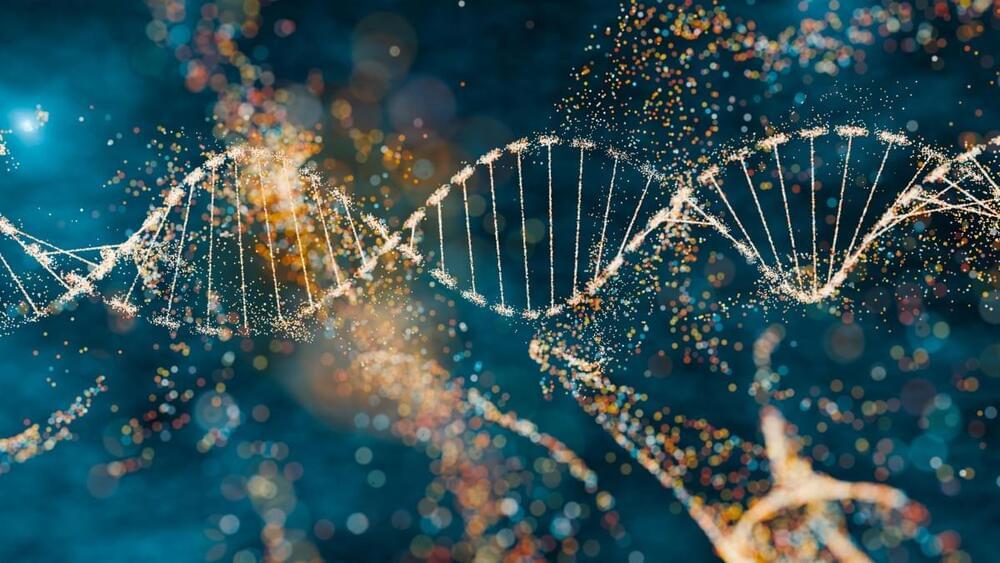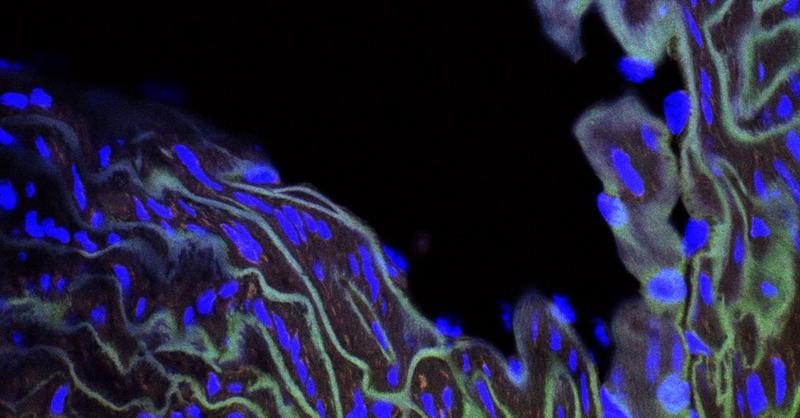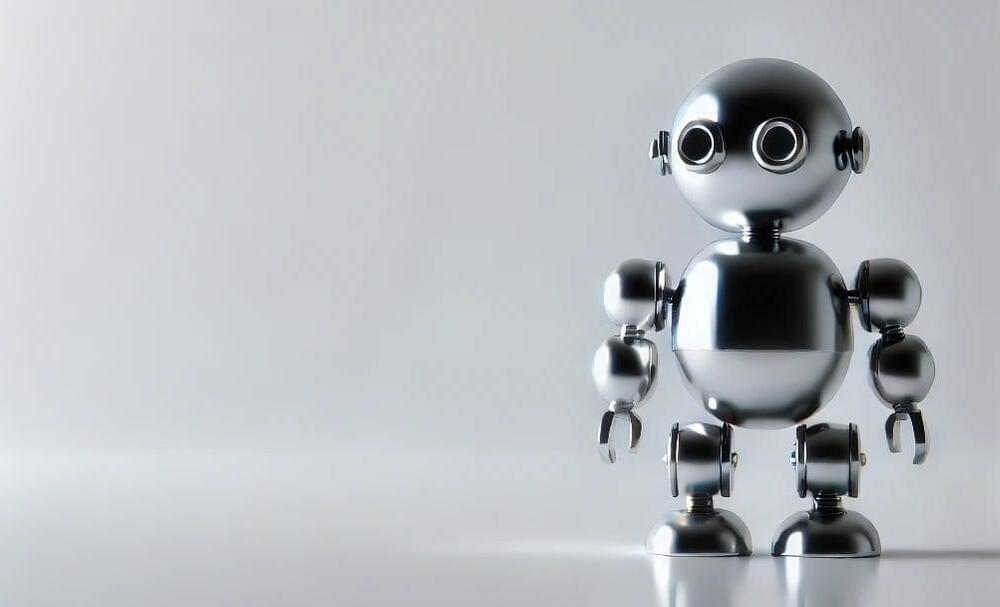Oct 21, 2024
Epigenetics opens the door to faster cancer detection
Posted by Paul Battista in categories: biotech/medical, genetics, health
With liquid biopsies, detecting cancer and tracking treatment progress can be as easy as taking a blood test. This is an increasingly popular way of monitoring cancer, because it’s much less invasive than solid tumour biopsies. And liquid biopsies can become even more sensitive if they capture methylation information as well as genetic data.
Usually, liquid biopsies for cancer rely on the detection of small amounts of DNA that are shed from a tumour into the bloodstream. But especially in the disease’s early stages, circulating tumour DNA (ctDNA) levels are very low and point mutations linked to cancer can be easy to miss.
“If we want to develop assays to detect cancer earlier, we need very sensitive detection of these rare tumour fragments,” says Charlotte Proudhon, group leader at the Research Institute for Environmental and Occupational Health in Rennes, France, whose team are among those now developing liquid biopsy methods that include epigenetic markers, such as methylation.


















